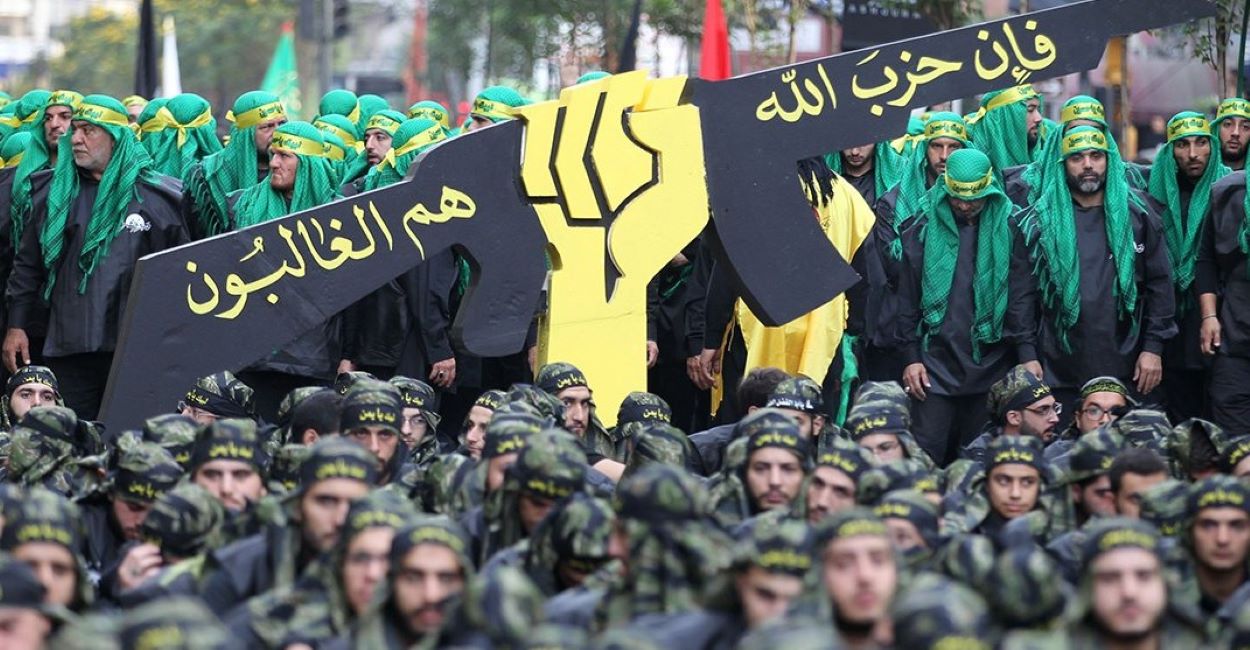Lebanese President Michel Aoun emphasised Sunday that disarming Hezbollah remains a complex process requiring careful timing, as fresh Israeli strikes claimed two lives in southern Lebanon despite an active ceasefire agreement.
President Aoun described establishing a state monopoly over weapons as “a sensitive, fundamental issue for maintaining civil peace” that demands prudent handling. While reaffirming his commitment to eventual implementation, he stressed the need for appropriate conditions, noting that “nobody is pressuring me about timing.” The president warned that confronting such divisive issues without consensus could endanger Lebanon’s stability, stating bluntly: “We risk leading the country to ruin.”
The political warnings came alongside new violence, with Lebanon’s health ministry confirming two fatalities from separate Israeli strikes. One attack targeted a vehicle between Sidon and Tyre, killing one person and injuring two others. Another strike on a residence in border-adjacent Hula claimed an additional life, marking continued violations of the November 27 ceasefire terms that mandated cessation of hostilities.
Under US pressure, can Lebanon disarm Hezbollah without Iran's green light? @DarioSabaghi examines issue of Hezbollah’s disarmament amid US pressure, shifting regional dynamics, and Iran's decisive role: https://t.co/nMWlbLj6LN
— AL-Monitor (@AlMonitor) April 20, 2025Hezbollah’s Uncompromising Position
Hezbollah leadership remains defiant, with Deputy Secretary-General Naim Qassem declaring the group “will not let anyone disarm us.” While expressing theoretical openness to discussing national defence strategies, Qassem conditioned such dialogue on complete Israeli withdrawal from what he termed “occupied” southern positions. The militant group maintains that Israel still controls five strategic locations in Lebanese territory.
The delicate domestic balance faces growing external pressure, particularly from Washington. U.S. Deputy Special Envoy Morgan Ortagus recently called for expedited disarmament, reflecting Western impatience with Lebanon’s political deadlock. Meanwhile, Lebanese armed forces continue their mandated security operations, dismantling Hezbollah infrastructure in southern regions as Israeli forces execute their phased withdrawal.
This multidimensional crisis highlights Lebanon’s precarious position. It simultaneously navigates militant group demands, international diplomatic pressures, and persistent border violence that threatens to unravel the fragile ceasefire. As stakeholders jockey for position, President Aoun’s cautionary remarks underscore the high-stakes calculations required to prevent renewed conflict while pursuing long-term stability.






